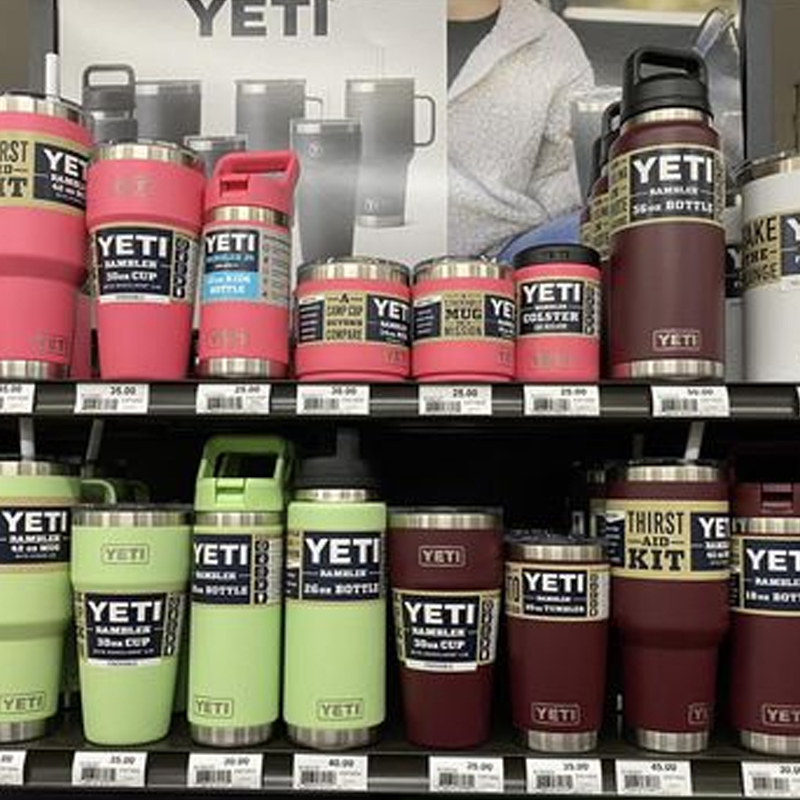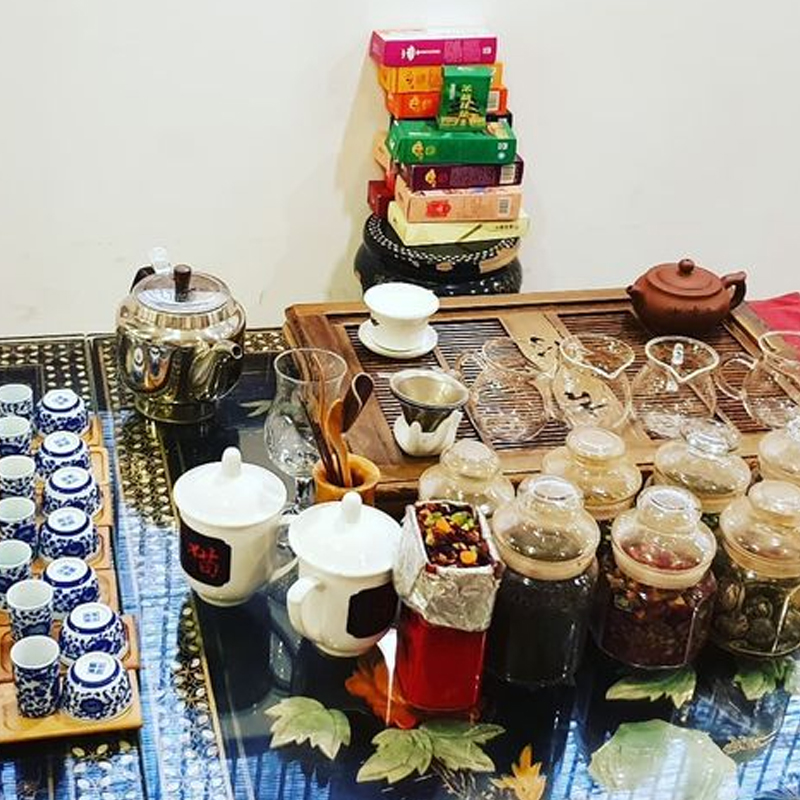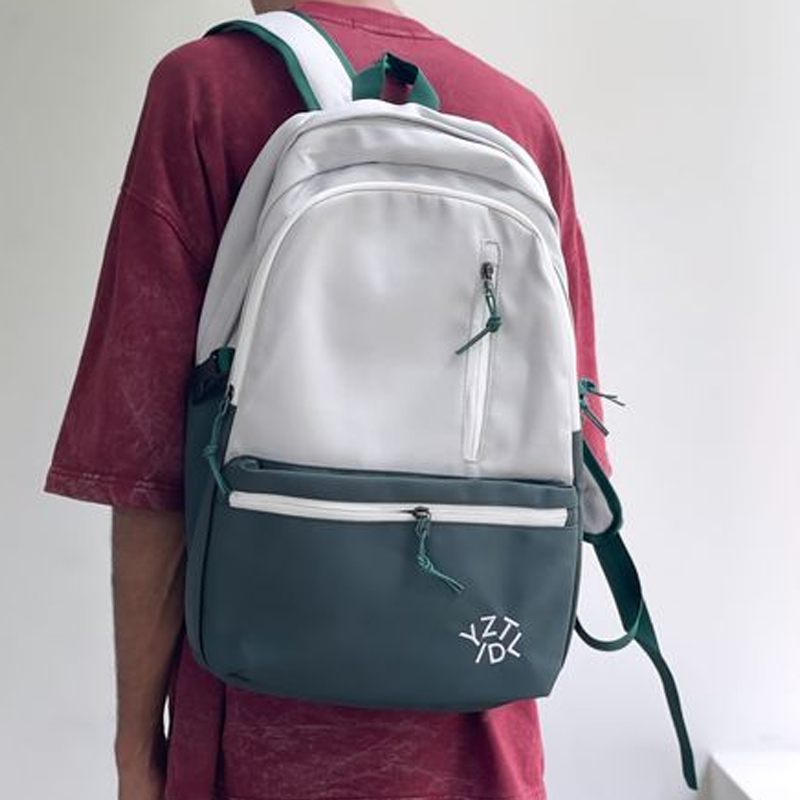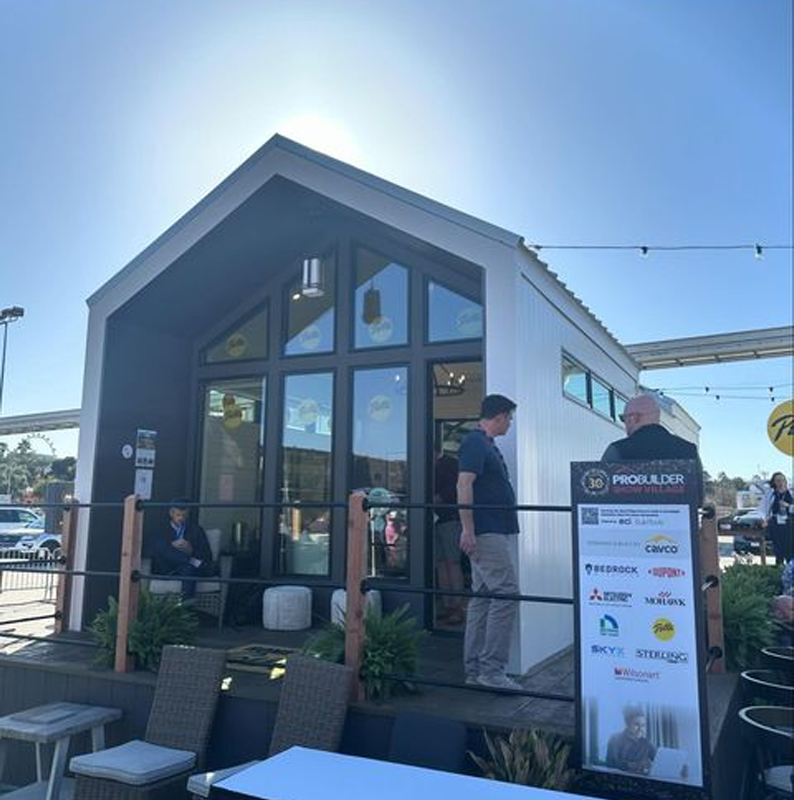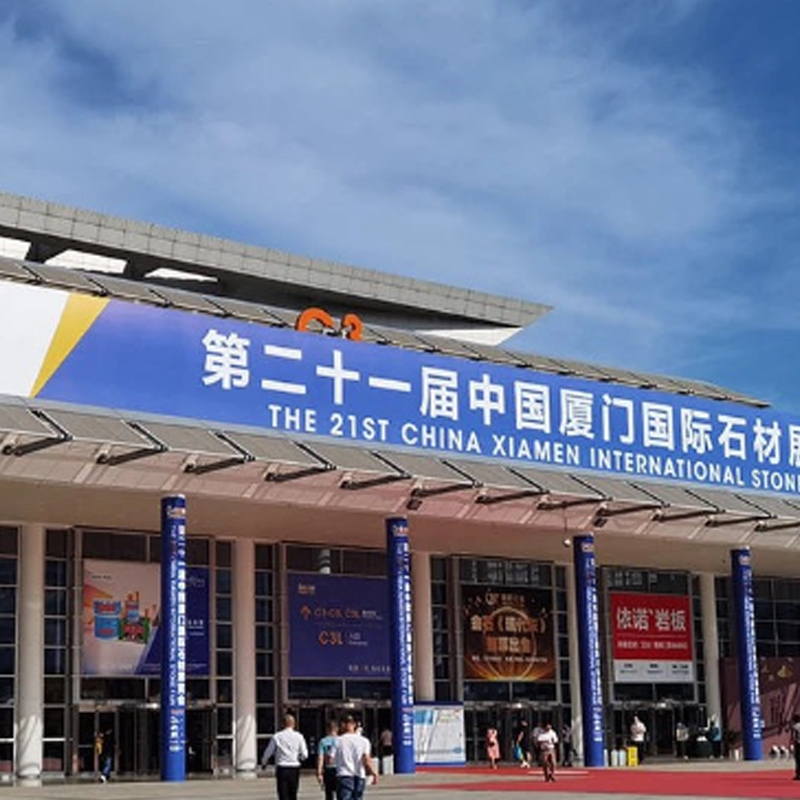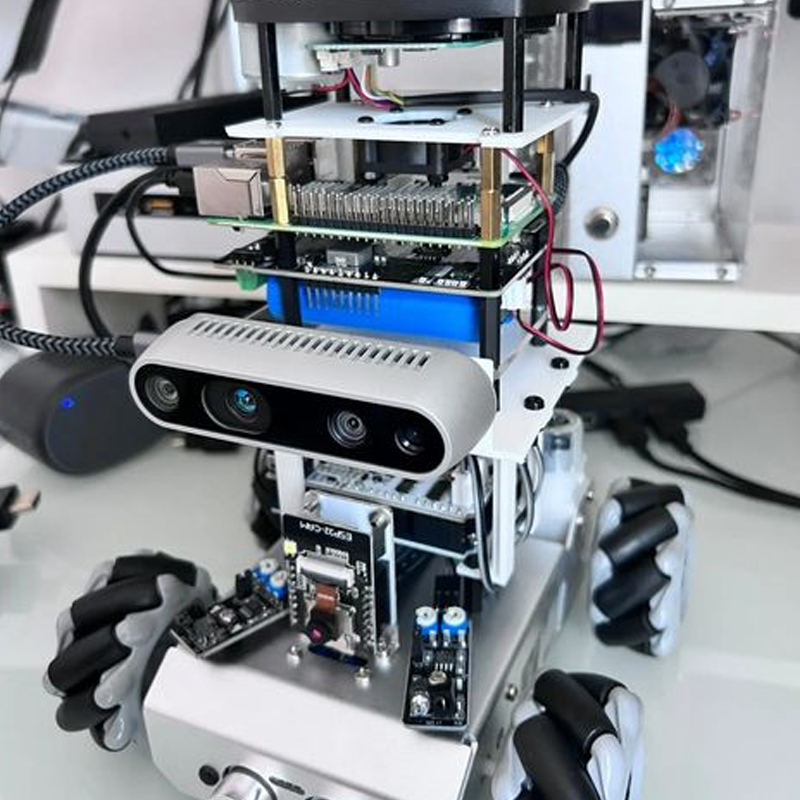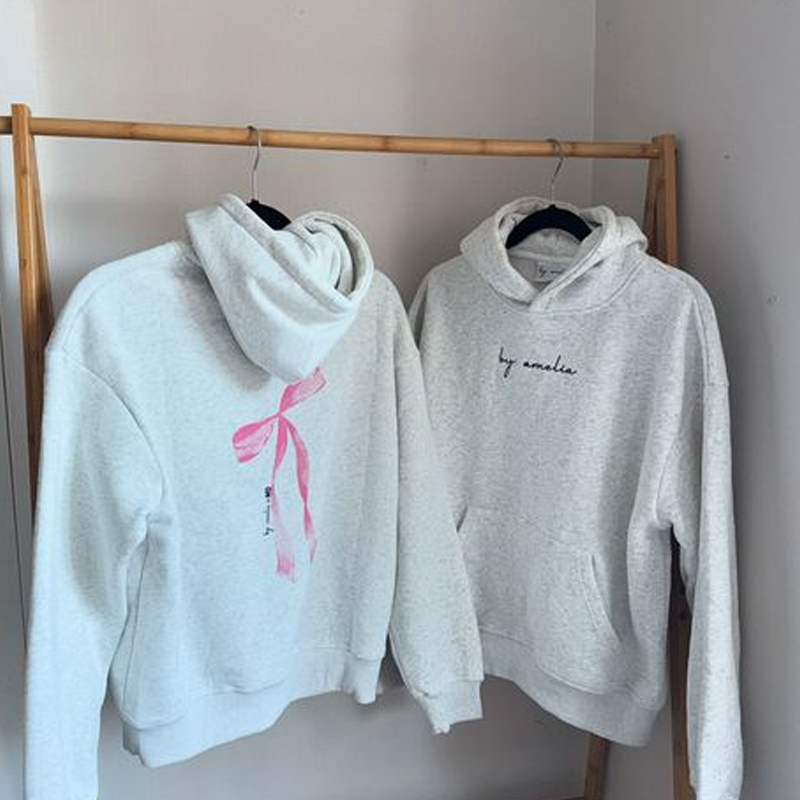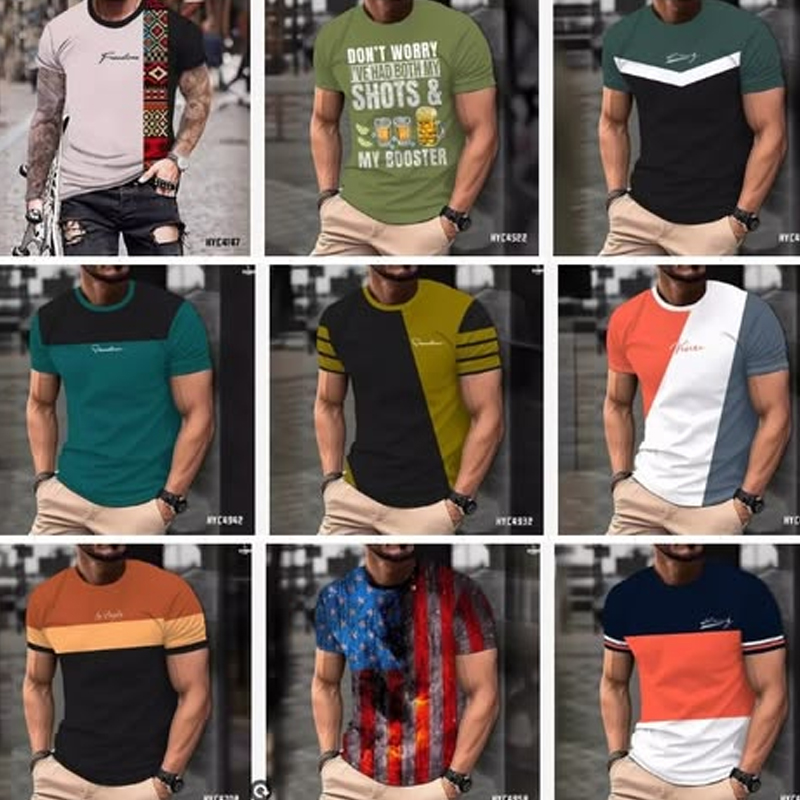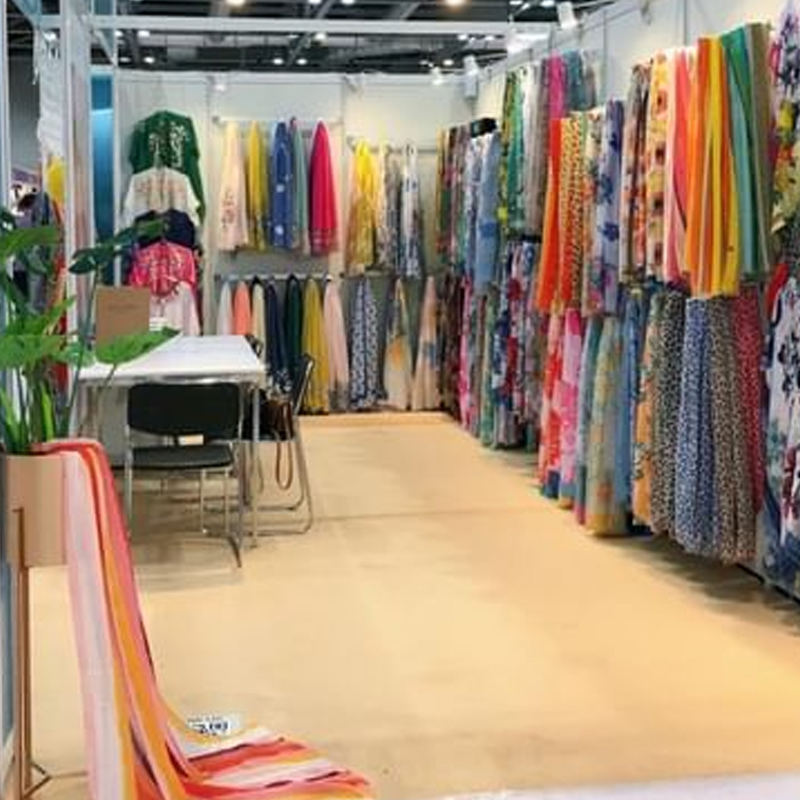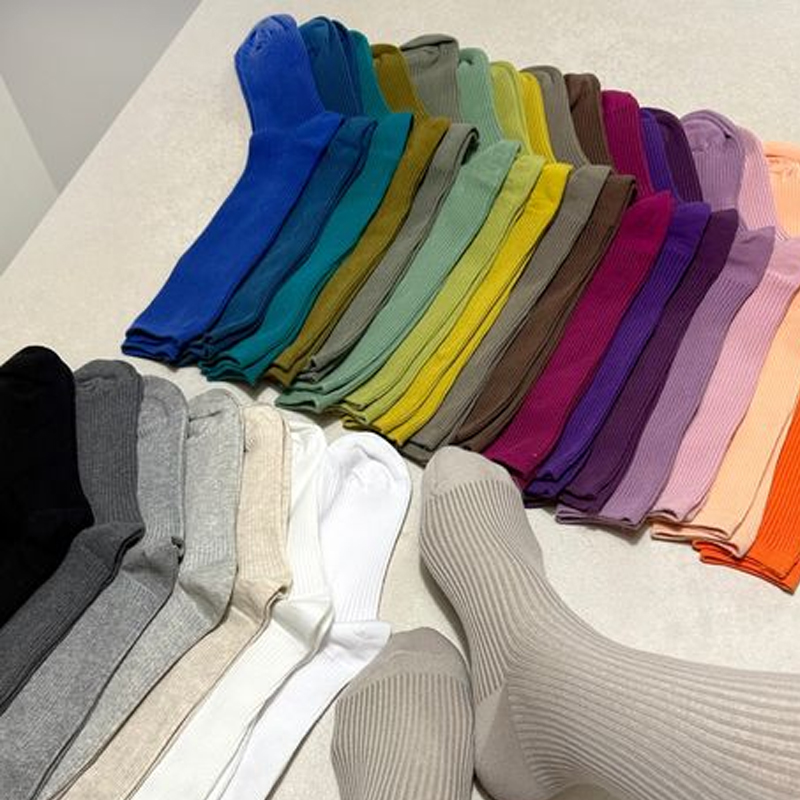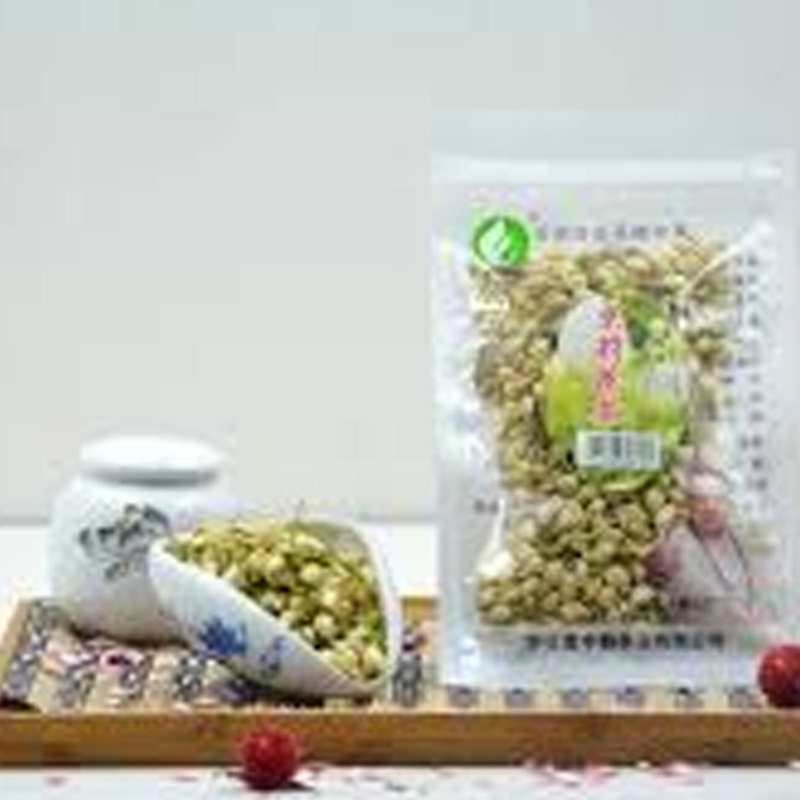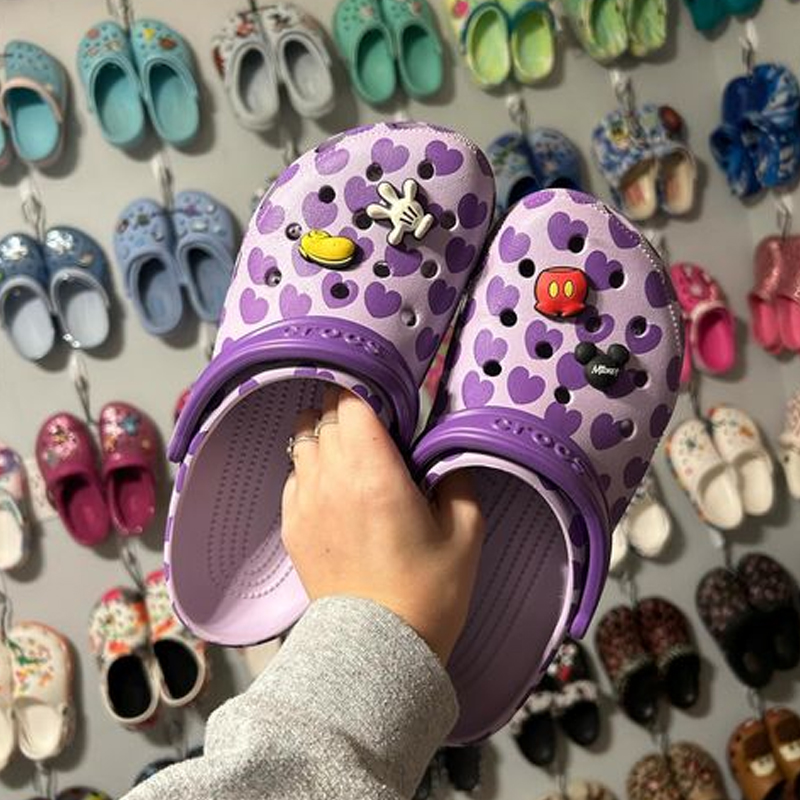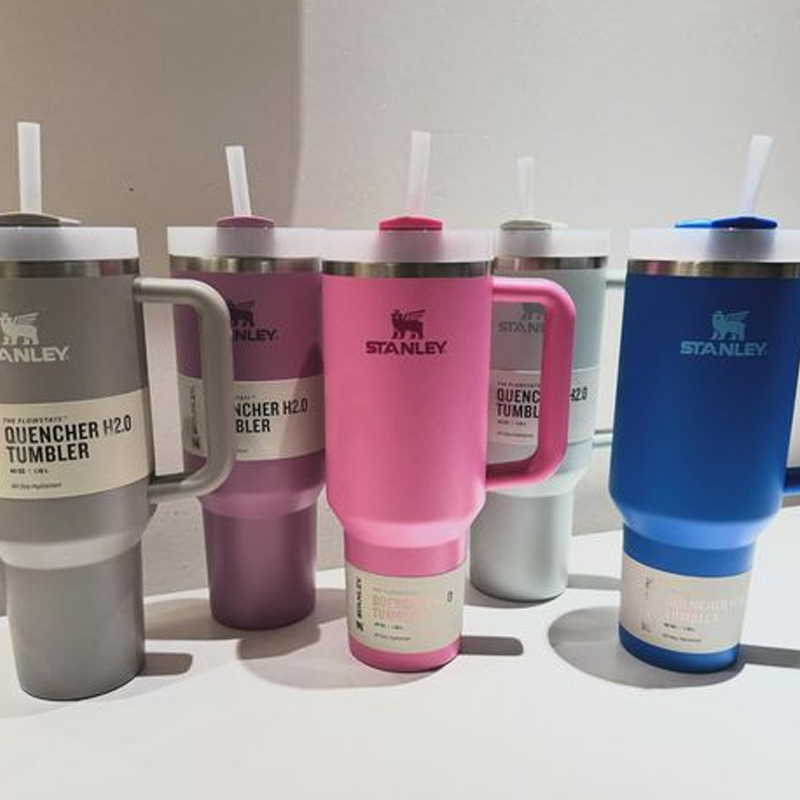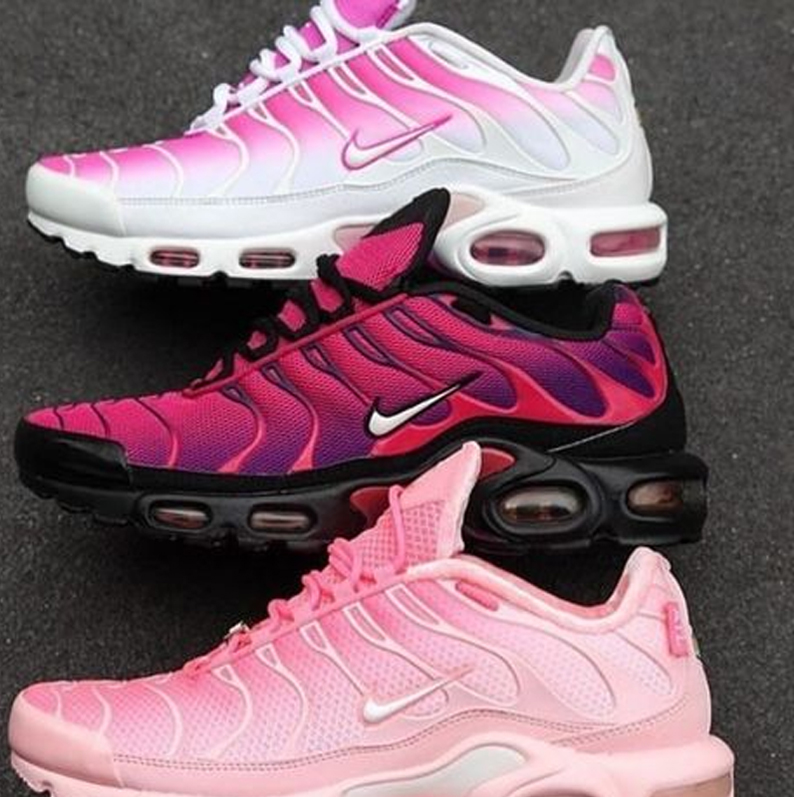In a world where fast fashion dominates, Petalura Clothing emerges as a beacon of hope for conscious consumers and ethical manufacturing. This article delves into how Petalura is revolutionizing the fashion industry through its commitment to sustainable practices, artisan partnerships, and global supply chain transparency. Whether you’re a fashion enthusiast or a business owner looking to make more ethical choices, this comprehensive guide will provide valuable insights into the future of sustainable fashion.
Key Takeaways: Petalura’s Approach to Ethical Fashion
- Global network of artisan workshops
- Commitment to sustainable material sourcing
- Rigorous quality control processes
- Transparent supply chain practices
- Focus on small-batch production
- Eco-friendly packaging solutions
Where Are Petalura’s Production Locations?
Petalura Clothing has strategically established its production facilities across various global locations. The brand’s workshops are located in regions known for their rich textile heritage and skilled artisanship. Petalura was founded with the vision of creating a global network of ethical manufacturing hubs.
The company’s headquarters is based in London, but its production spans multiple continents. Garments originate from workshops in India, known for its intricate embroidery; Peru, celebrated for its alpaca wool; and Thailand, renowned for its silk weaving traditions. This diverse network ensures that each piece is made with the highest level of craftsmanship while supporting local communities.
“Our goal is to create a global tapestry of ethical fashion, where each thread represents a different culture and tradition,” says Emma Thompson, Petalura’s founder.
How Does Petalura Ensure Ethical Manufacturing Practices?
Petalura’s commitment to ethical manufacturing is at the core of its business model. The company has implemented rigorous standards to ensure that all items are manufactured under fair and safe conditions. This includes:
- Fair trade certifications for all production facilities
- Worker empowerment programs that provide education and skill development
- Regular audits to maintain compliance with international labor standards
The brand’s dedication to ethical practices extends beyond just fair wages. Petalura actively engages in zero-waste design principles, minimizing fabric waste and repurposing leftover materials. This approach not only reduces environmental impact but also creates unique, limited-edition pieces that embody the slow fashion movement.
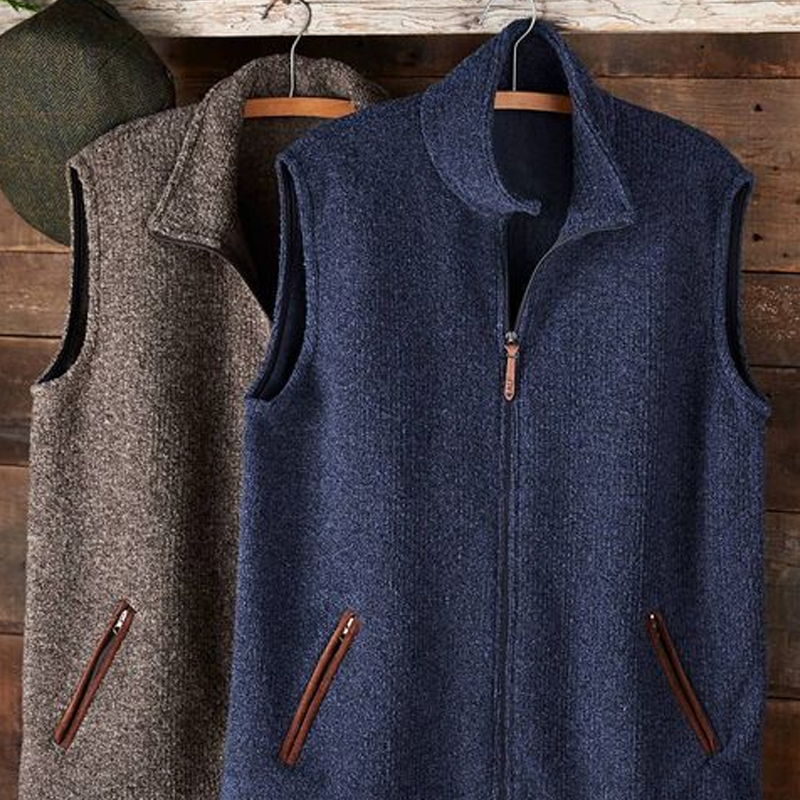
What Sets Petalura Apart in Sustainable Material Sourcing?
Petalura’s approach to material sourcing is a testament to its commitment to sustainability. The brand prioritizes the use of organic fabrics, ensuring that all materials are grown without harmful pesticides or chemicals. This not only benefits the environment but also protects the health of farmers and workers involved in the production process.
In addition to organic materials, Petalura is at the forefront of textile innovation. The company invests in research and development to create fabrics that are both eco-friendly and high-performance. Some of their groundbreaking initiatives include:
| Material | Environmental Benefit | Performance Quality |
|---|---|---|
| Recycled Ocean Plastic Fabric | Reduces plastic waste in oceans | Durable and quick-drying |
| Bamboo Lyocell | Sustainable and biodegradable | Soft, breathable, and antibacterial |
| Organic Hemp | Requires minimal water and no pesticides | Strong, UV-resistant, and temperature-regulating |
How Does Petalura Maintain Quality Control in Global Production?
Maintaining consistent quality across a global production network is no small feat, but Petalura has developed a robust system to ensure every garment meets its high standards. The company employs a multi-tiered quality control process that includes:
- Pre-production material testing
- In-process inspections at key manufacturing stages
- Final quality checks before shipment
- Regular training for artisans to maintain and improve skill levels
This meticulous approach not only guarantees product excellence but also aligns with Petalura’s brand values of transparency and integrity. By investing in quality control, the company ensures that each piece reflects the care and craftsmanship that goes into its creation.
What Makes Petalura’s Supply Chain Transparent?
In an era where conscious consumerism is on the rise, Petalura sets itself apart with its commitment to supply chain transparency. The company provides detailed information about each stage of production, from material sourcing to final delivery. This level of openness is rare in the fashion industry and has earned Petalura a loyal customer base.
Customers can trace the journey of their garments through an interactive online platform, which showcases:
- The origin of raw materials
- The artisans and workshops involved in production
- The environmental impact of each manufacturing stage
- The shipping and distribution process
This transparency not only builds trust but also educates consumers about the complexities of ethical fashion production, fostering a deeper appreciation for the true value of clothing.
Why Does Petalura Focus on Small-Batch Production?
Petalura’s commitment to small-batch production is a deliberate choice that aligns with its ethical fashion trends and sustainability goals. By producing in limited quantities, the company achieves several objectives:
- Reduces overproduction and textile waste
- Ensures higher quality control standards
- Allows for more flexibility in design and production
- Creates exclusivity and uniqueness for customers
This approach is a stark contrast to the mass production model of fast fashion. It allows Petalura to respond quickly to customer feedback and market trends while maintaining its commitment to sustainability and ethical production.
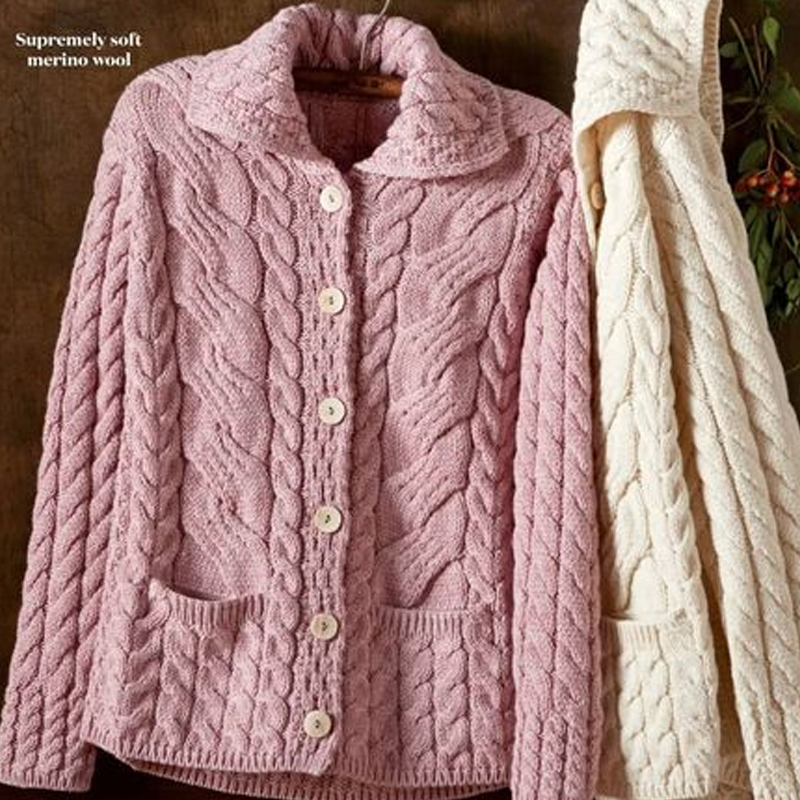
How Does Petalura Foster Artisan Partnerships?
At the heart of Petalura’s success are its global artisan collaborations. The company has developed long-term partnerships with skilled craftspeople around the world, fostering a mutually beneficial relationship that goes beyond mere employment. These partnerships are characterized by:
- Fair compensation and profit-sharing models
- Investment in artisan communities through education and infrastructure
- Preservation and promotion of traditional crafting techniques
- Collaboration on design processes to incorporate local aesthetics
These partnerships not only ensure the production of high-quality, unique garments but also contribute to the preservation of cultural heritage and the economic empowerment of artisan communities.
What Eco-Friendly Packaging Solutions Does Petalura Use?
Petalura’s commitment to sustainability extends to its packaging solutions. Recognizing that packaging is a significant contributor to environmental waste in the fashion industry, the company has implemented innovative eco-friendly alternatives:
- Biodegradable garment bags made from cornstarch
- Recycled and recyclable cardboard boxes
- Soy-based inks for printing labels and marketing materials
- Reusable fabric wraps inspired by traditional Japanese Furoshiki
These packaging choices not only reduce the company’s environmental footprint but also serve as an educational tool for customers, demonstrating how small changes can have a significant impact on sustainability.
How Is Petalura Contributing to Sustainable Fashion Education?
Petalura recognizes that creating lasting change in the fashion industry requires more than just producing ethical clothing. The company is actively involved in sustainable fashion education initiatives aimed at both consumers and industry professionals. Some of their efforts include:
- Hosting workshops and webinars on sustainable fashion practices
- Partnering with fashion schools to develop curricula on ethical manufacturing
- Publishing transparent reports on their sustainability journey
- Collaborating with influencers to raise awareness about conscious consumption
By sharing knowledge and best practices, Petalura is not just selling clothes but fostering a movement towards a more sustainable and ethical fashion industry.
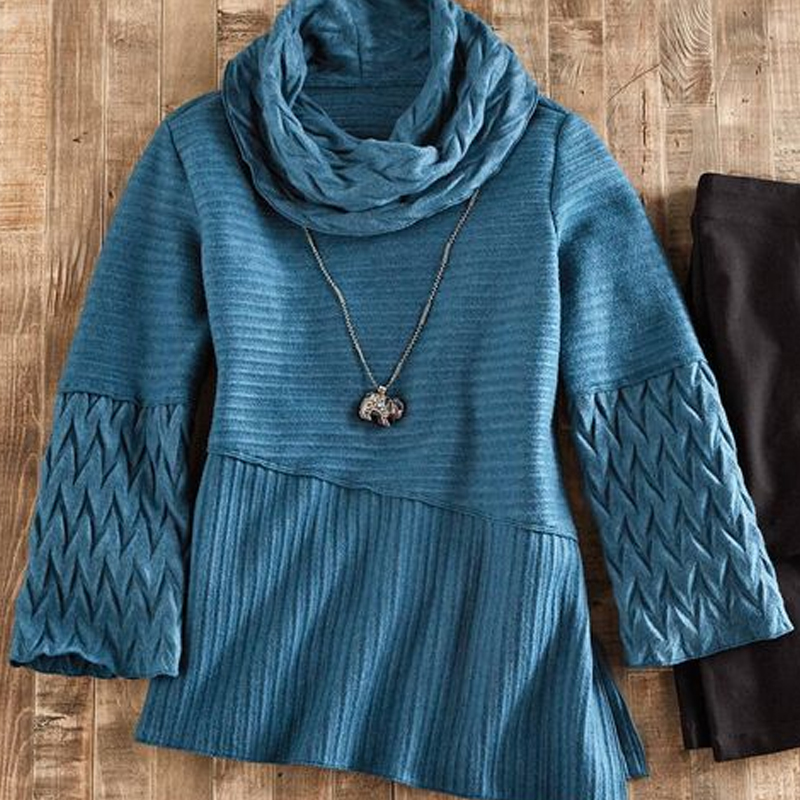
Looking to the Future: Petalura’s Vision and Industry Impact
As Petalura continues to grow and innovate, it sets an example for how fashion brands can operate ethically and sustainably without compromising on style or quality. The company’s success demonstrates that there is a growing market for consciously produced clothing, challenging the notion that fast fashion is the only viable business model.
For businesses looking to follow in Petalura’s footsteps or incorporate more ethical practices into their supply chains, partnering with experienced sourcing agents can be invaluable. Companies like BuyFromChinaDirect specialize in connecting businesses with ethical manufacturers, including those in China, which remains a significant hub for textile production.
While Petalura’s model focuses on global artisan workshops, there are lessons to be learned for those working with more traditional manufacturing setups. The principles of transparency, sustainability, and fair labor practices can be applied to various production models, including those involving Chinese factories.
If you’re considering how to make your fashion business more ethical and sustainable, reaching out to sourcing experts like BuyFromChinaDirect can provide valuable insights and connections. They can help you navigate the complexities of global manufacturing while adhering to ethical standards, ensuring that your production aligns with the growing consumer demand for responsible fashion.
In conclusion, Petalura Clothing stands as a shining example of how fashion can be a force for good, balancing style, sustainability, and social responsibility. As the industry continues to evolve, brands that prioritize ethical practices and transparency will likely lead the way, shaping a future where fashion and conscience go hand in hand.






